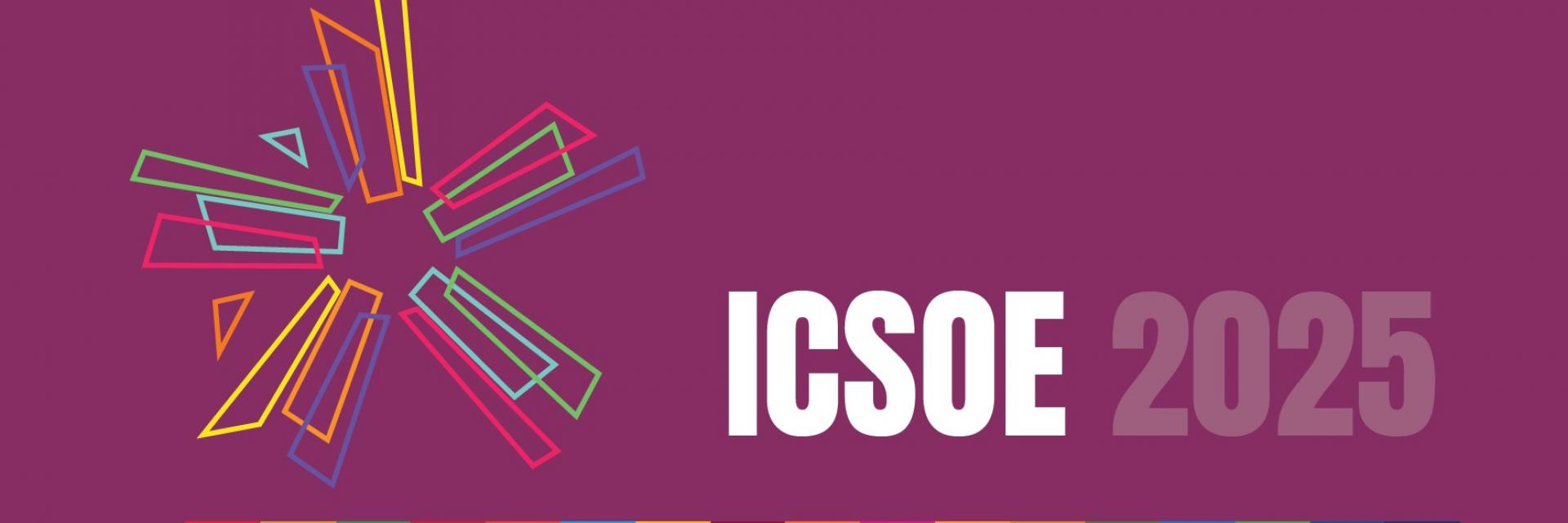Rabat, 12 November 2025 (ECA) – The ECA Office for North Africa launched on Tuesday 11 November in Rabat, Morocco, its 40th Intergovernmental Committee of Senior Officials and Experts for North Africa (ICSOE) under the theme: “Enhancing domestic resource mobilization through innovation and technology in North Africa”.
The three-day statutory meeting aims to take stock of the work carried out by the office over the past year and discuss priorities for the year ahead; it will also provide participants with a platform to discuss current economic and social conditions across North Africa with a focus on domestic resource mobilization and its strategic implications for countries’ ability to chart a resilient development trajectory for themselves while limiting their vulnerability to less reliable external sources of finance such as development aid, FDI or sovereign debt.
Domestic resource mobilization is presently viewed as the backbone of countries’ fiscal independence and their ability to chart resilient development trajectories. “A strong domestic revenue base minimizes vulnerability to fluctuations in development aid, foreign direct investment and to sovereign debt cycles, offering greater stability in economic planning. Enhanced domestic resource mobilization is also a prerequisite for countries to promote inclusive and sustainable growth and create jobs especially for youth and women. Yet, significant differences in tax to GDP ratios between North African countries, which range from 5 to more than 25 percent of GDP, show there is much our member countries can learn from each other in this field”, said Adam Elhiraika, Director of the ECA Office for North Africa.
Domestic revenue is all the more important for countries’ development since - as indicated by UN Secretary General Antonio Gutierrez - soaring debt service costs are crowding out vital investments in education, health, and climate resilience. According to UNCTAD, 3.4 billion people around the world currently live in countries that spend more on debt servicing than on health or education, he added.
“The efficient mobilization of national resources requires adopting comprehensive, integrated, and coordinated national approaches, and deep reforms at multiple levels and sectors, including tax and budgetary system reform, financial market development, formalizing the informal economy, promoting financial inclusion, and developing and supporting private investment,” said Hicham Talby, Morocco Deputy Director of Treasury and External Finances, in charge of relations with Africa and Europe.
In this regard, technology and innovation can be a true catalyst. In the financial sector, for example, digital technologies such as mobile banking, fintech, crowdfunding, and electronic payments can broaden financial inclusion, support private initiatives, and reduce the burden on the informal economy, he explained.
Digital transformation, modernization of management methods, and increased financial inclusion are no longer merely technical tools, but have become strategic levers for enhancing productivity, improving the mobilization of national resources, reducing corruption, and broadening the tax base, thereby promoting fairness and transparency, said Amina Selmane, Permanent Representative of the Arab Maghreb Union (UMA) at the African Union in a speech read on behalf of the UMA Secretary General, Tarak Ben Salem.
Selmane stressed “the importance of coordinating financial and economic policies among our countries, to strengthen our negotiating power regionally and internationally, and pave the way for the establishment of Maghreb mechanisms for financing development, such as joint investment funds and regional development banks.”
The 40th session of the Intergovernmental Committee of Senior Officials and Experts for North Africa (ICSOE) is taking place under the leadership of ICSOE 2025 Chairman Adnene Zrour, from the Tunisian Ministry of Finance, Vice Chairman H.E. Djoudi Belghit of the General Consulate of Algeria in Casablanca, and Rapporteur Mohammed Ibrahim Abdu Ibrahim from the Egyptian Ministry of Finance.
Participants include officials, experts, academics, private and civil society representatives from Algeria, Egypt, Libya, Mauritania, Morocco, Sudan and Tunisia.
The ICSOE 2025 meeting recommendations will be submitted to the 58th Session of the Economic Commission for Africa in 2026 (COM2026) scheduled in Morocco in the first quarter of 2026 under the theme: “Growth through innovation: harnessing data and frontier technologies for the economic transformation of Africa.”
NOTE TO EDITORS :
RECORDINGS: Access the meeting recordings from 11 and 12 November on the UNECA YouTube! channel
Day 1, ICSOE 2025 on Enhancing domestic resource mobilization through innovation and technology in North Africa https://www.youtube.com/watch?v=-7KbWsaMMDk
Day 2, Expert group meeting on Enhancing Domestic Resource Mobilization through Digital Technologies in North Africa https://www.youtube.com/watch?v=ORwy_2m6jpg
DOCUMENTS: Click here to download the meeting documents in English, Arabic and French https://www.uneca.org/eca-events/intergovernmental-committee-senior-offi...
PHOTOS: Download free, high-resolution photos of the meetings from the UNECA Flickr account here https://www.flickr.com/photos/uneca/albums
ADDITIONAL INFORMATION: For more information about this meeting, and for your meeting requests, please send an email to filali-ansary@un.org
North African countries have much to learn from each other on domestic resource mobilisation – Director
12 November, 2025
Share this:

